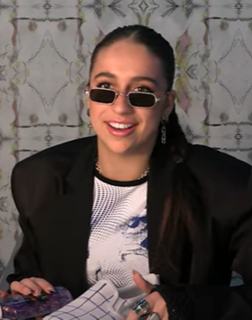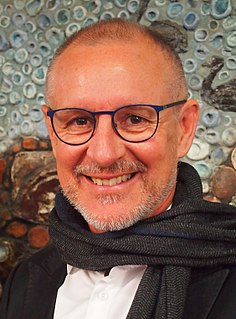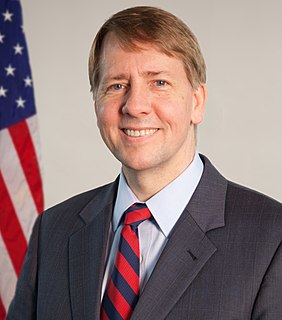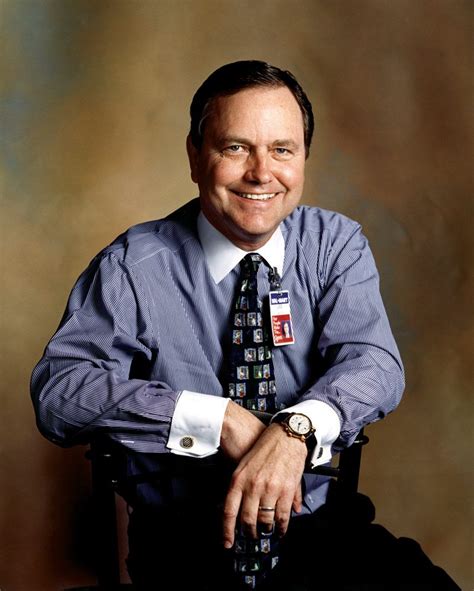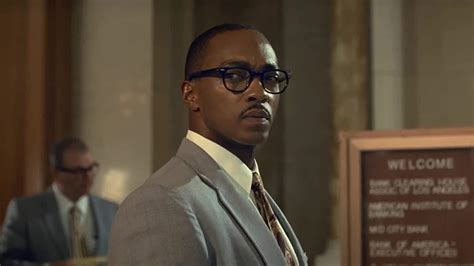A Quote by David Grann
I never want to make people upset, but sometimes we may. When I interview people, I try to make it clear that our obligation is to what we uncover and to telling that story and to presenting it fairly and making sure everyone has a say.
Related Quotes
We've got to be able to have a conversation and recognize we're all Americans; we all want the best for this country. We may have some disagreements in terms of how to get there, but all of us want to make sure that our economy is strong, that jobs are growing. All of us want to make sure that people aren't bankrupt when they get sick. All of us want to make sure that young people can afford an education.
I sometimes say that I don't make anything up - obviously that's not true. But I am uninterested in writers who say that everything comes out of the imagination. I would rather be in a room with someone who is telling the story of his life, which may be exaggerated and even have lies in it, but I want to hear the true story, essentially.
I think I have an obligation, to the people who have consented to be in the film, to make a film that is fair to their experience. The editing of my films is a long and selective process. I do feel that when I cut a sequence, I have an obligation to the people who are in it, to cut it so that it fairly represents what I felt was going on at the time, in the original event. I don't try and cut it to meet the standards of a producer or a network or a television show.
I think every leader has an obligation - the absolute obligation - to treat everyone fairly. But they also have the obligation to treat everyone differently. Because people aren't all the same, and the last thing you ever want to do, in my opinion, is let the best in your organization be treated like the worst in your organization. It does nothing for your future.
The thing that I think a director has to have in order to make a movie really work, and to certainly make a film that feels personal, is that you have to have a sense of the feeling that you want to create in people, the tone which you want to tell the story, and the basic themes you want to come out. You can't compromise on those because you are then not making the movie that you are going to be good at telling.

